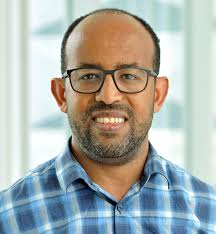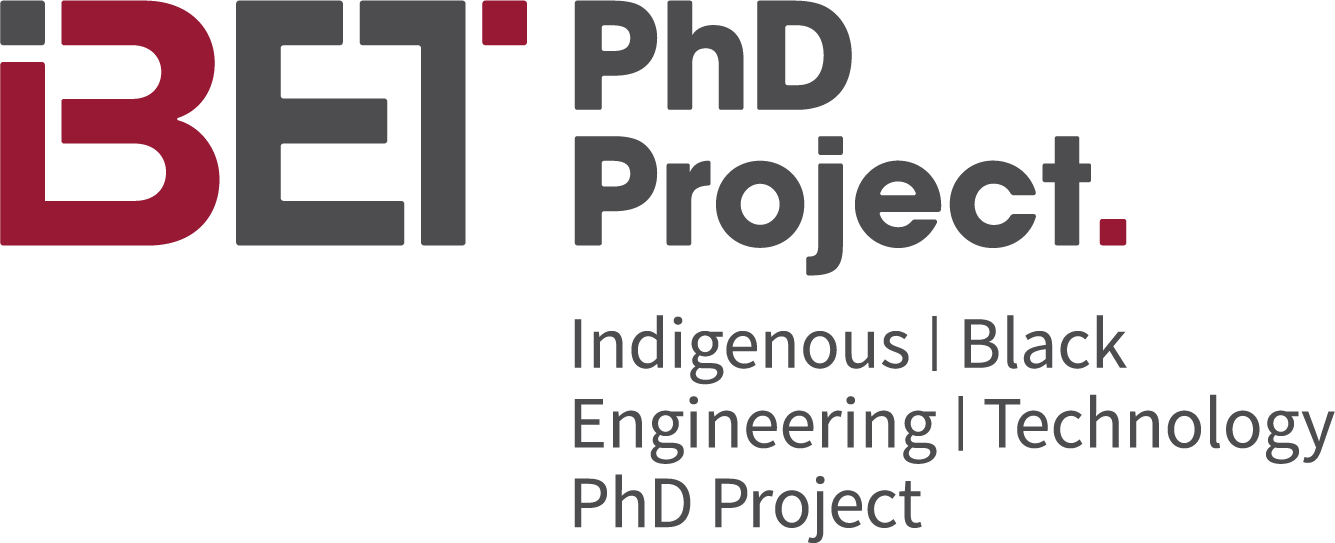Seeing is believing when it comes to diversity in academia, according to the inaugural director of the new Indigenous and Black Engineering Technology (IBET) PhD Project.
Spearheaded by Waterloo Engineering, the IBET PhD Project, led by Tizazu Mekonnen, a chemical engineering professor and WIN member, will provide critical funding, networking and mentoring to support Indigenous and Black students pursuing doctoral degrees in engineering.
In partnership with engineering faculties at McMaster University, the University of Ottawa, the University of Toronto, Queen’s University and Western University, and the University of Waterloo’s Faculty of Math, the initiative aims to change the academic landscape within the next five to 10 years by increasing the number of Indigenous and Black engineering professors teaching and researching in universities across Canada.
Changing the academic landscape
Mekonnen
says
while
it’s
been
shown
that
representation
in
strength
matters,
there
are
currently
as
few
as
15
Indigenous
and
Black
engineering  professors
in
Canada.
professors
in
Canada.
“That’s not right and it’s not reflective of Canadian society,” he says. ”How can we ask our young Indigenous and Black high school students to consider engineering for their education and their careers if they don’t see any professors who look like them or have had similar cultural experiences? It’s time we changed this, so we are.”
Tizazu Mekonnen is the inaugural director of the IBET project.
He points out the lack of representation in the classroom has hindered enrolment of Indigenous peoples (First Nations, Inuit and Métis) and Black students in science, technology, engineering and mathematics (STEM) programs – all critical areas that boost Canada’s innovation and prosperity.
“By establishing the IBET PhD Project that offers academic and industry mentoring, networking, as well as the IBET Momentum Fellowships, we can finally start filling the talent pipeline that will be truly diverse, which is very exciting,” says Mekonnen.
He
notes
the
other
Ontario
universities
jumped
on
board
as
soon
as
Waterloo Dean
of
Engineering
Mary
Wells
presented
the
IBET
PhD
Project seen
as
a missing
piece to
diversity
and
inclusion. For
maximum
effectiveness,
it's
hoped
that
the
initiative
can
be
rolled
out
right
across
Canada. 
Each of the partner universities is offering four IBET Momentum Fellowships - $25,000 a year for four years - to help alleviate financial barriers to success. Waterloo Engineering’s first recipients of its fellowships are joining the Faculty this spring.
The magic of mentorship
Mekonnen says to ensure the success of the IBET PhD Project it’s crucial to have a community of mentors from both industry and across academia, including all the STEM Faculties, to support the doctoral candidates.
“We know this fellowship and mentorship methodology works because we based the IBET PhD Project on the successful PhD project in the U.S that is directed to increasing the presence of BIPOC PhD holders in business schools and in business,” he says. “Mentorship is where the magic is but growing the IBET Momentum Fellowship capacity is critical. Waterloo Engineering is committed to ensuring the academic landscape is reflective of Canadian society in all ways.”
For more information or to join the IBET initiative at Waterloo either as a mentor, donor or PhD student email IBET Project.